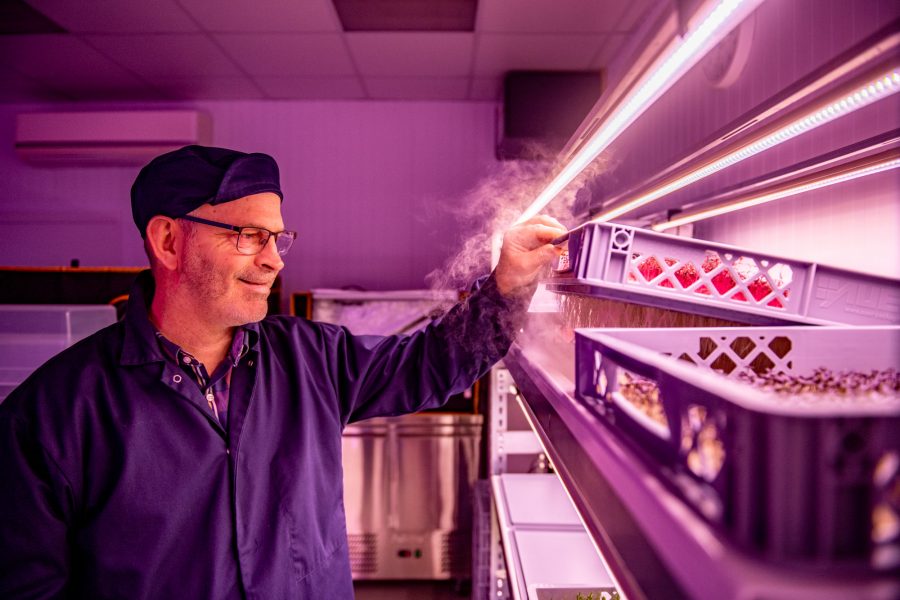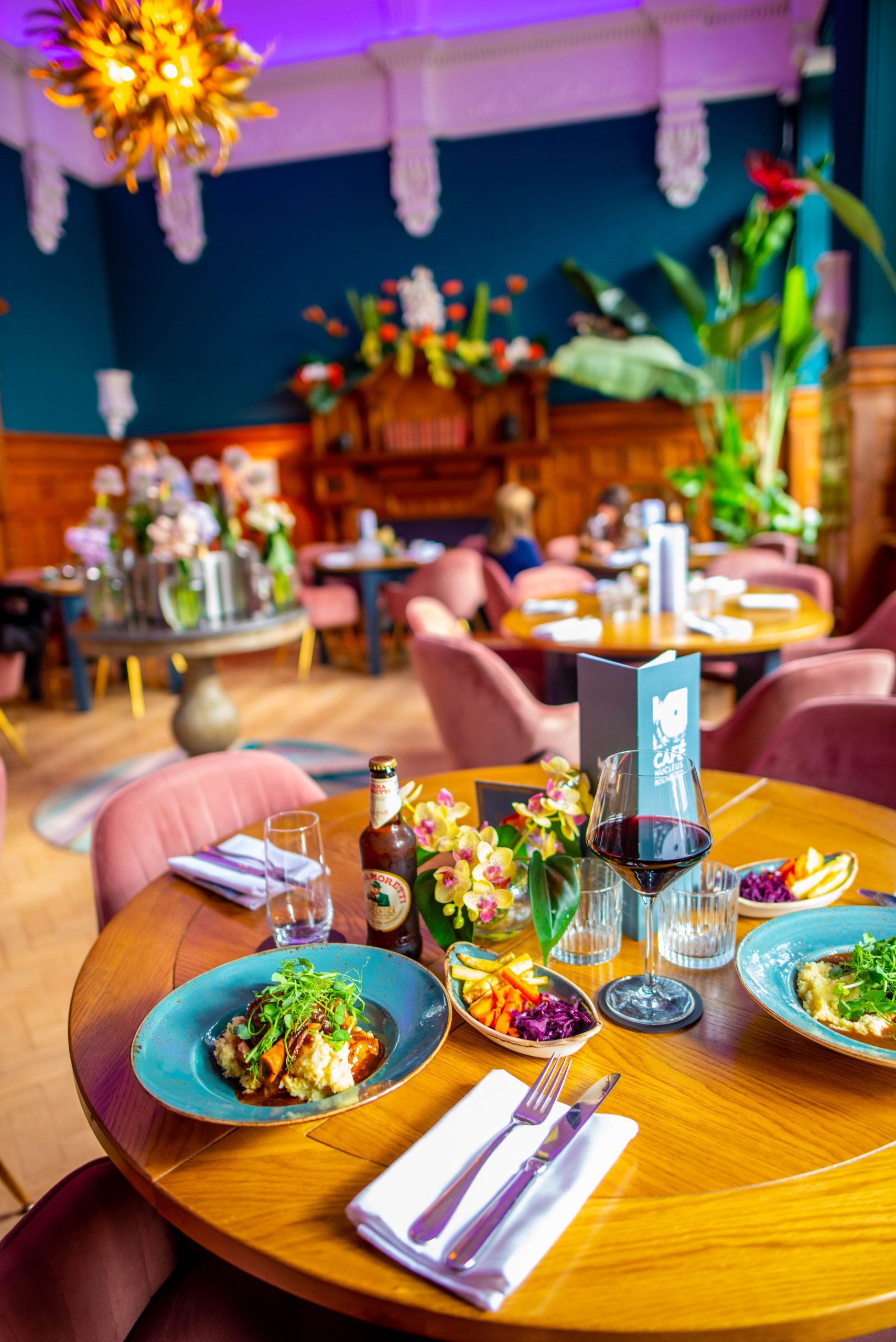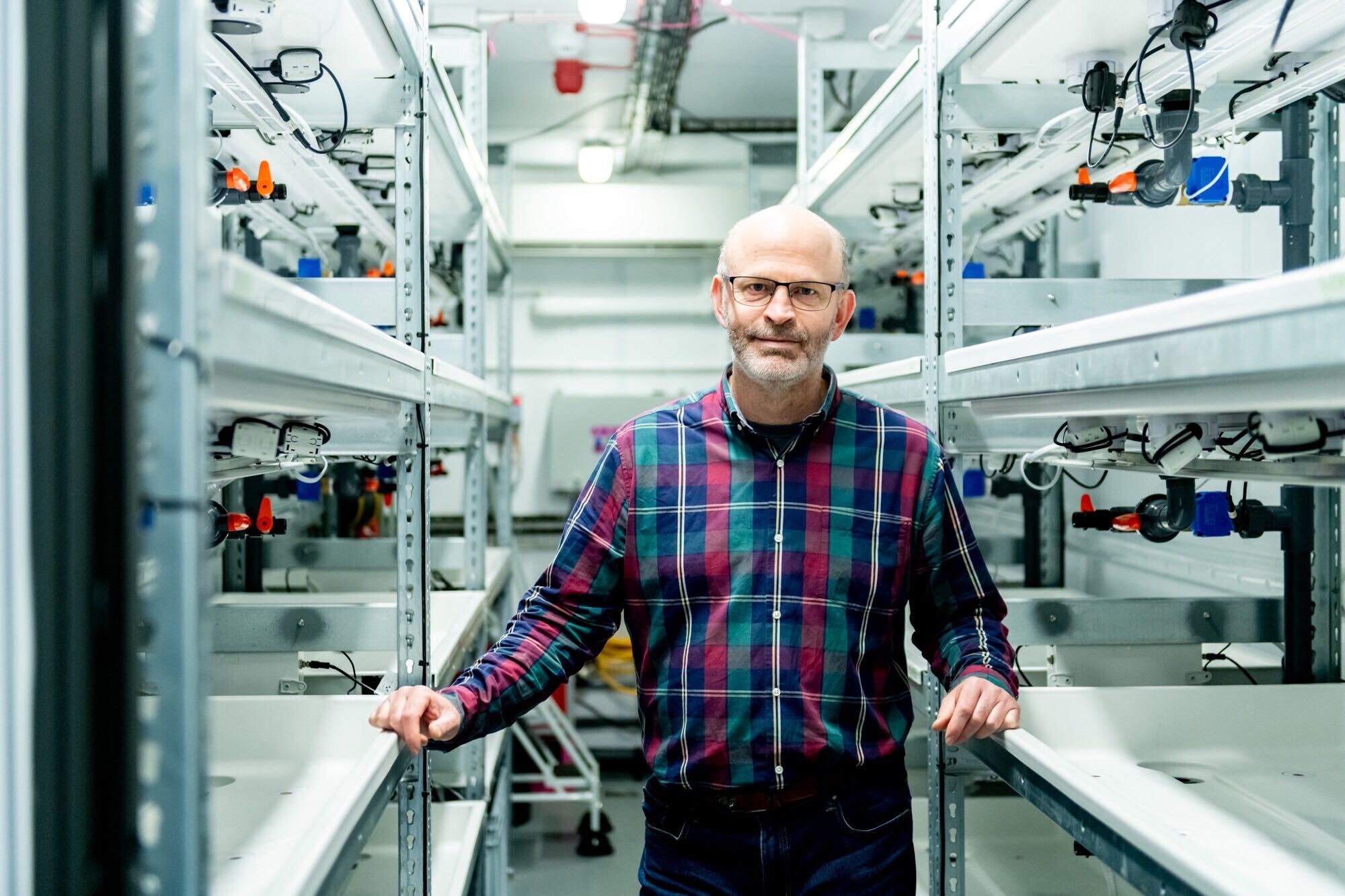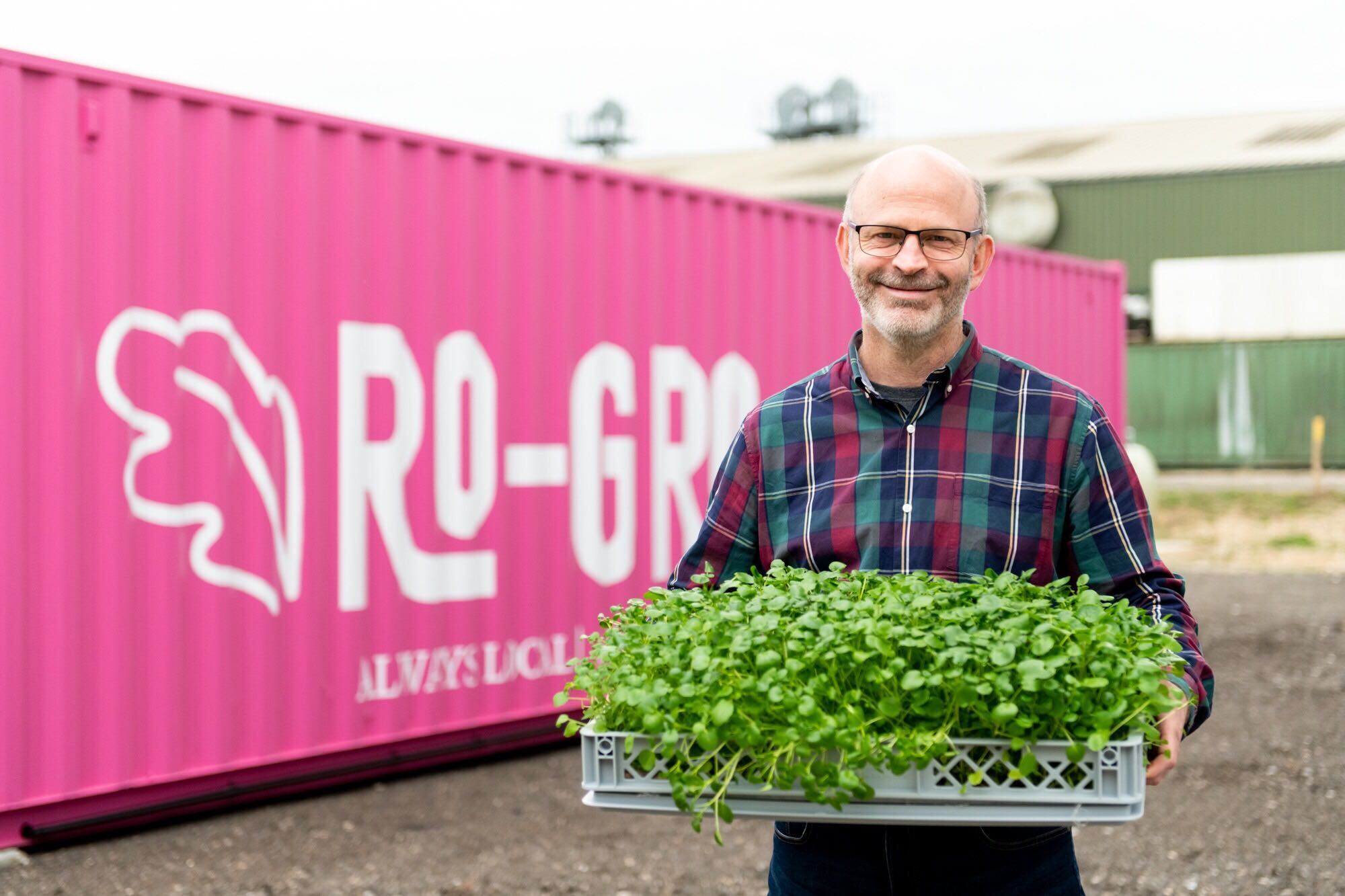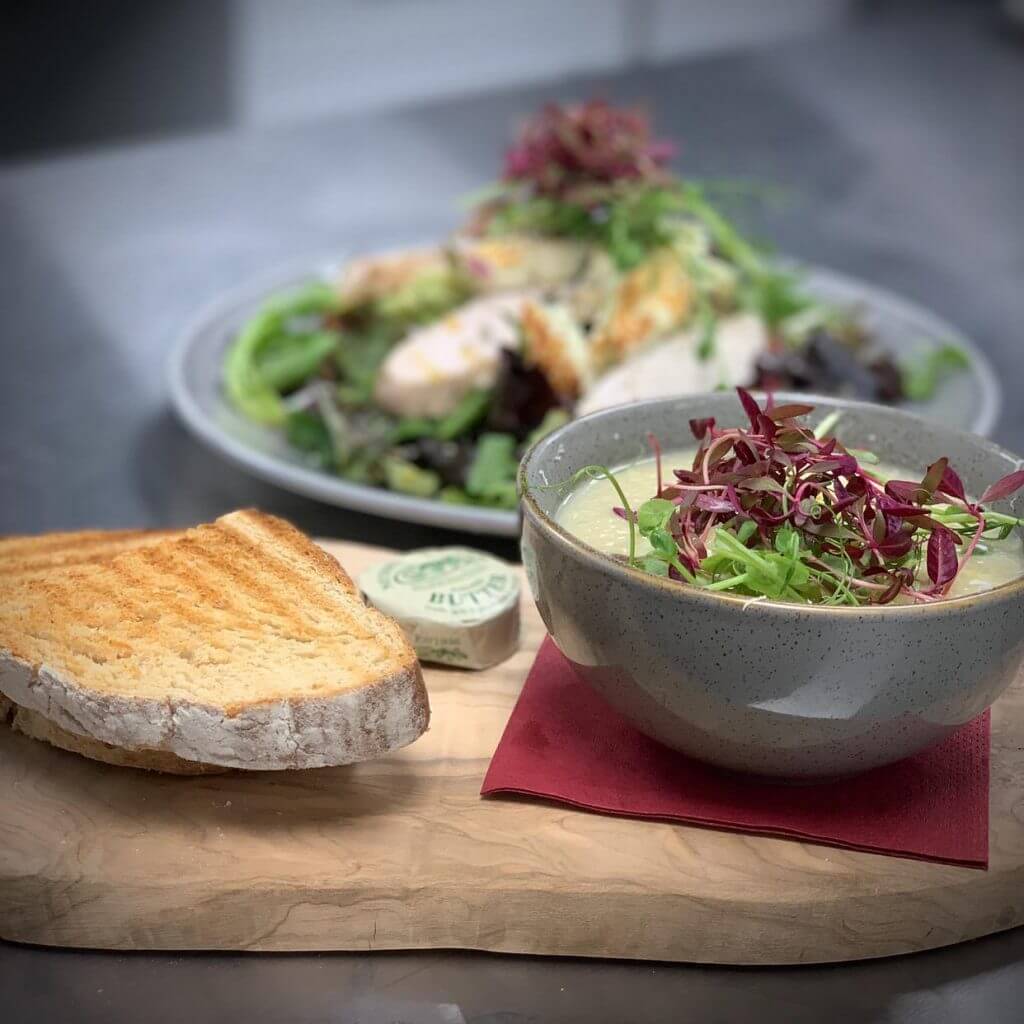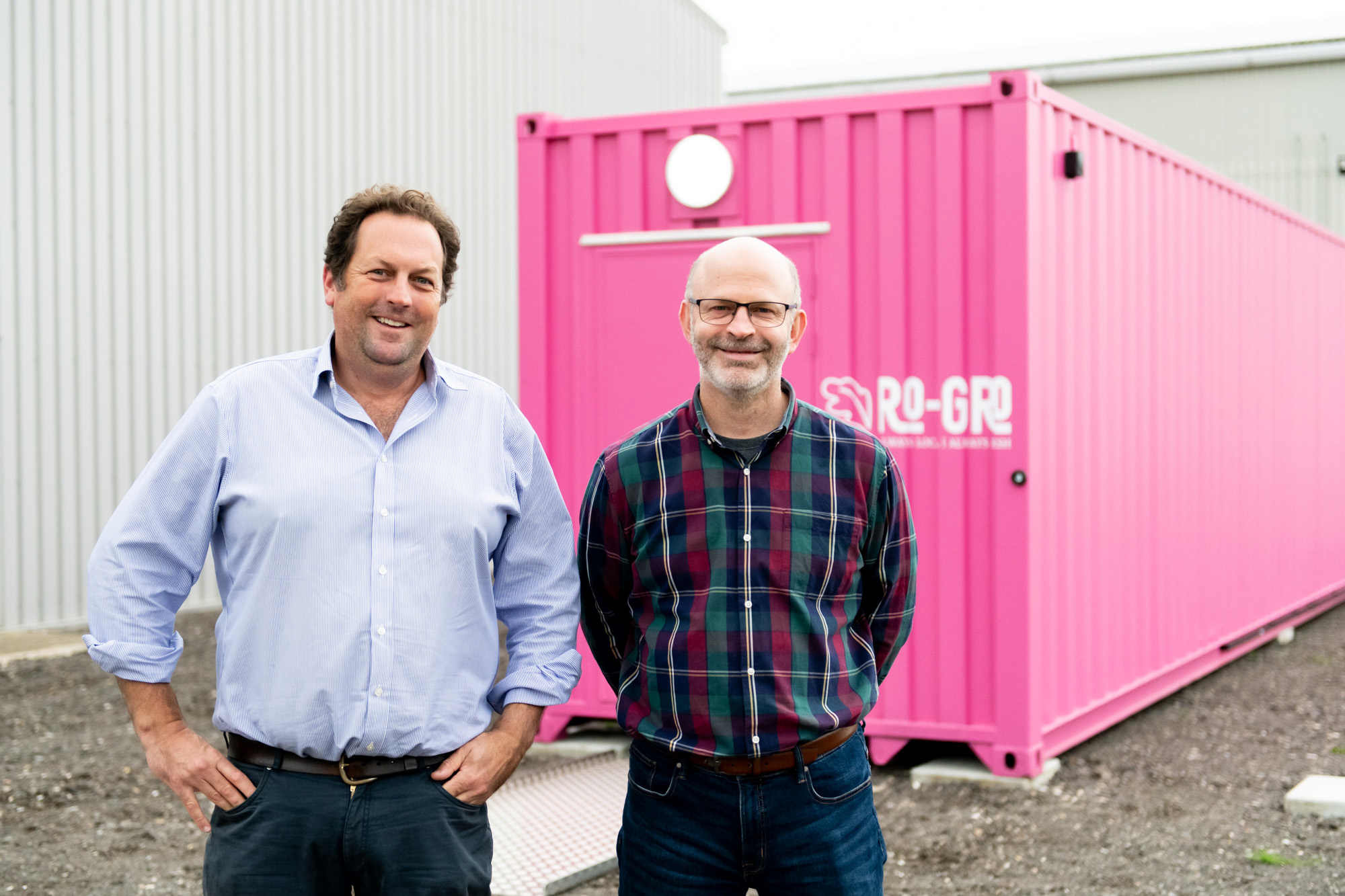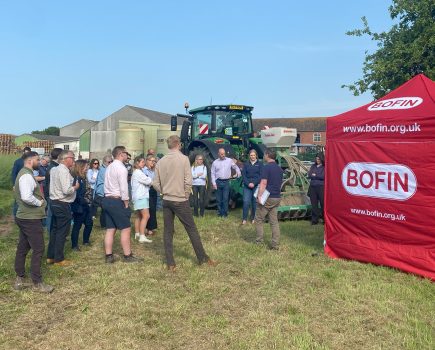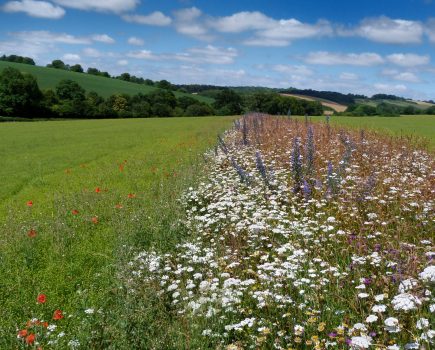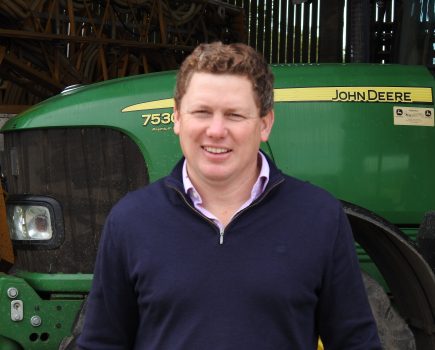In the town of Sittingbourne, Kent, two long-standing farming families have joined forces to start a new vertical farming venture and realise their ambition to reach Net Zero by blending traditional methods with cutting-edge technology powered by solar panels. The vertically farmed produce, grown and sold under the Ro-Gro brand, will be distributed via electric vehicle into the local area.
G H Dean & Co Ltd, a local family farm that’s been running for over a century, is welcoming Ro-Gro, a vertical farming start-up founded by grower Jason Perrott, onto their mixed farm in Sittingbourne, Kent. Jason’s family has been farming fresh produce since 1910. Ro-Gro, named after Jason’s daughter Rosie, is a continuation of that tradition.
The locality of the produce is something that really matters to both Jason and his customers. Jason said: “ For a few years I have been looking at different indoor growing systems to grow a wide range of great tasting local herbs and salads all year round. I am now confident of doing that using the technology within a DROP & GROW container farm. You never need to import anything. Whether it’s going to retailers, restaurants or farmers markets. It’s always local. It’s always fresh.”
Aaron Telford, owner of Cafe Nucleus and a client of Ro-Gro, said: “Knowing where our food comes from is central to what we do. We set out with a clear vision, to bring fully traceable food and drink to Chatham, Rochester and now Rainham. We love to keep it local and know where every single ingredient comes from. It’s those details that really set us apart. This new vertical farming initiative from Ro-Gro and G H Dean is so exciting, it means we have fresh, great-tasting, locally sourced ingredients all year round.”
Because the collaborative project will allow a proportion of the horticultural produce to be grown vertically indoors, it will allow land to be released for rewilding, building biodiversity and carbon capture. One of these key projects includes rewetting land to return it to marshland, creating and improving wetland habitats for breeding wading birds.
The vertical container farms, provided by LettUs Grow, use aeroponic technology to increase the growth rate of plants, while significantly reducing the water and fertiliser usage. It will produce crops all year round and offer resilience against climatic changes.
This new addition to the farm is aimed at strengthening G H Dean & Co’s operations, not replacing them. Tim Malpas, CEO of G H Dean & Co Ltd, said: “It gives us an active form of farm diversification and income generation that’s linked to what we do best, growing food and caring for the environment!”
The multiple systems (orchards, arable, livestock, stewardship, controlled environment, and renewable energy) on the farm will work together synergistically. G H Dean & Co’s planned rain water harvesting systems will provide the water for the container farms. Ro-Gro will compost growing media and waste plant material for incorporation into the arable fields. Both farms will be powered by renewable energy. There are already enough solar panels on site to supply 40% of Ro-Gro’s energy and plans are in place to increase this to 90%, with the addition of more solar panels and a battery system. The rest of the energy will come from a renewable energy tariff. The pair are currently working with a renewable energy company to further improve their green energy integration.
Both G H Dean and Ro-Gro will be the first to admit that the project isn’t perfect and they’re still at the beginning of the road to Net Zero. Tim said: “We are on a journey, same as every other farmer in the country.
“We are searching for ways to deliver environmental action and continuous improvement to our enterprise and operating systems. Farmers must work together, we have got to be more collaborative if we’re going to succeed. We’ve been able to pull our respective resources into creating something which I believe is really, really good, and what the future demands of food production.”
Charlie Guy, CEO and co-founder of LettUs Grow, said: “By combining renewable energy integration and circular principles, this is exactly the kind of project that we want to be supporting at LettUs Grow. We believe that for the future of farming to be sustainable, it must be collaborative and take a holistic approach. Working with Jason, Tim and the team has been fantastic, their ambition to do the right thing in all areas of their farm is inspiring and shows what can be done to make UK farming more sustainable.”
If you’d like to read more about the project, you can find a case study on the LettUs Grow website.
- Peashoots at Cafe Nucleus
- Jason in new vertical farm
- Jason & peashoots from vertical farm
- Microgreen garnish at Cafe Nucleus
- Jason & Tim look proud outside new vertical farm

